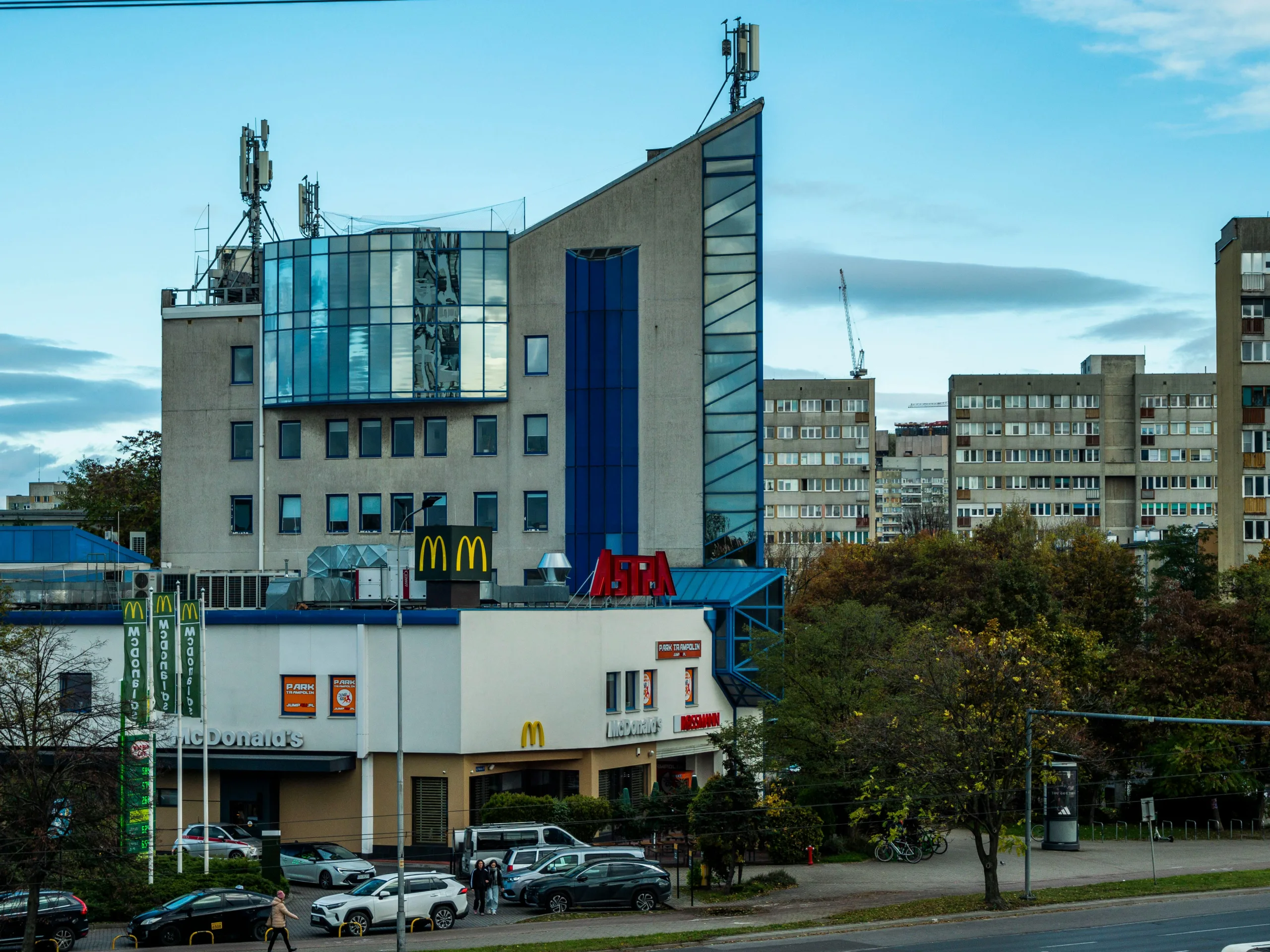- Warburg Pincus and Madison International Realty will invest at least $300M in real estate secondaries amid market dislocation.
- The investment will focus on discounted stakes in sectors like data centers, industrial, cold storage, and residential properties.
- The move reflects growing pressure on real estate fund managers to deliver liquidity as funds near the end of their life cycles.
Strategic Move Into Secondaries
Warburg Pincus and Madison International Realty will jointly invest $300M in real estate secondaries, per Bloomberg. The firms aim to acquire fund stakes from investors eager to exit early. They will fund the deal through Warburg Pincus’s $4B Capital Solutions Founders Fund.
Focus on Discounted Deals
The investment targets sectors including data centers, industrial, cold storage, and residential. The firms seek deals at what they consider attractive discounts to underwritten asset values.
Get Smarter about what matters in CRE
Stay ahead of trends in commercial real estate with CRE Daily – the free newsletter delivering everything you need to start your day in just 5-minutes
Pressure on Fund Managers Grows
Many real estate funds are nearing the end of their terms. Limited partners want returns, creating pressure to liquidate. Sellers face a market gridlock, with buyers and sellers far apart on pricing.
Madison specializes in these situations. It steps in to buy from investors who want to exit before full asset sales occur.
Recapitalizations Offer Opportunity
Ronald Dickerman, Madison’s founder, said the venture has a global focus. He added that they often participate in GP-led recapitalizations. These deals work best when funds have strong assets and are not just attempts to retain assets under management.
“We get involved when these situations align with our preferred sectors,” said Dickerman. “And only when the recap is for the right reasons.”
Why It Matters
Real estate secondary deals help unlock capital in a market with limited liquidity. For investors like Warburg and Madison, they present an efficient way to deploy capital at scale.
What’s Next
The firms expect more secondary opportunities as limited partners push for distributions. With $4B available, the $300M commitment is likely just the beginning.


















